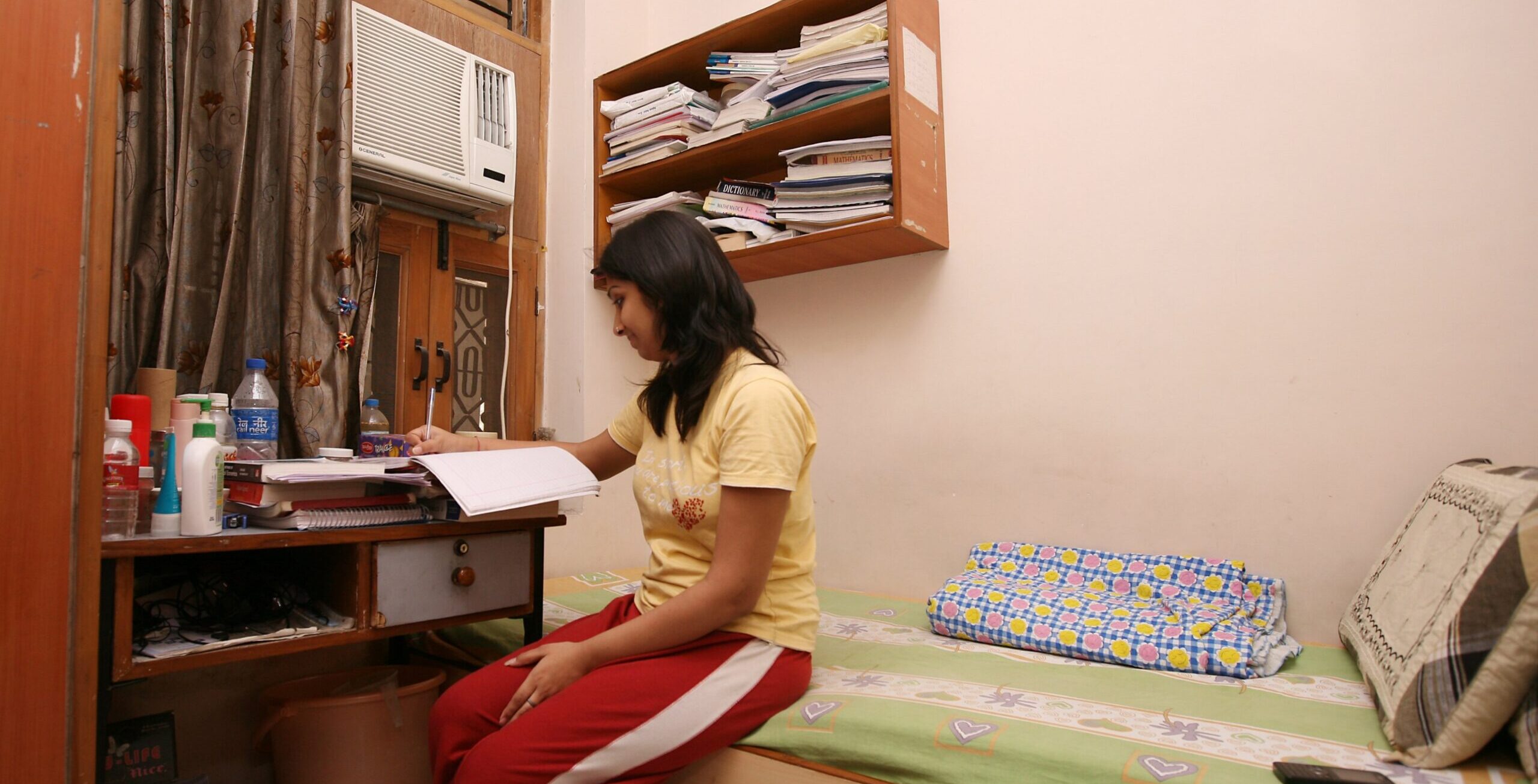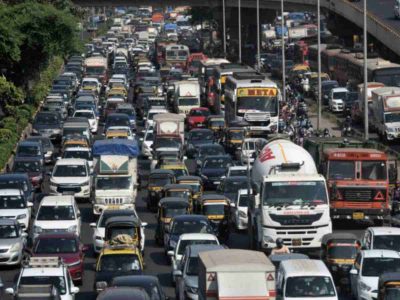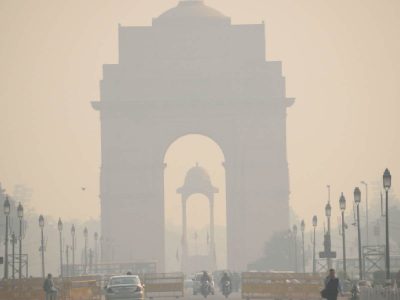Neisavi Kelio, in the final year of her Master’s in History at the University of Delhi, belongs to the state of Nagaland. After her father succumbed to an infection of coronavirus, her mother has had to take on the responsibility to look after Kelio’s education and that of her three other siblings.
“We were given a week to return to Delhi. No room is being offered below Rs 15,000 per month and some of these places are without food and basic facilities. Some of the PGs are quoting Rs 25,000-35,000, which is way too high. Most of us had to take loans and go through financial turmoil to afford our travel expenses and such accommodation.”
Her remarks echo the crisis that gets more and more real for young students trying to find a safe and affordable space in the city when they come from vulnerable backgrounds. This often affects their ability to perform well academically.
A safe neighbourhood, proper ventilation and an attached washroom are all that they ask for, but even these amenities are elusive for those whose parents cannot pay a small fortune for their wards to study in Delhi. Hostel rooms are scarce and some institutions do not have them at all.
At Jamia Millia Islamia, where the management is still undecided about when to reopen, those who stayed in hostels through the lockdowns are now finding it tough to find housing. A queer student who is currently enrolled in Jamia says they are finding it hard to get a safe and proper room for themselves.
Another student from Bihar, Ashish (name changed) who is currently enrolled in the Indraprastha University, is sustained by a single mother and is new in the city. He says that he was compelled to change flats after three months in Keshavpuram and hunt for affordable PGs across Kamla Nagar and Vijay Nagar, going to the extent of looking for places in South Delhi as well. His search was for a room that would have a window that does not open into shafts and washrooms where diseases do not seem to lurk.
“I first tried living in a residential area near my college in Rohini, but I soon realised that for students, it is better to live in areas where resources are easily accessible because we usually do not have so much time on our hands.”
According to Kelio, finding a room with a bed is a luxury in the city for many youngsters. “I got a single room which has no AC, no bed or RO. I have to share a kitchen with two more students. I have to rent a fridge and cooler/AC while also paying the security deposit and brokerage charges for my apartment.”
She adds, “It’s all a huge burden for my mother. While I was house hunting, I was shown rooms which were very much unsafe for girls, with no security, and very unhygienic.”
As for Ashish, he somehow found a hotel room converted into a PG in Lajpat Nagar, almost 15 km from his college and 12 km from his coaching centre in Jhandewalan. He tells Patriot, “Because all the colleges decided to open at once and on a really short notice, it caused a surge in prices in almost all areas, no matter if they are low-income localities or high-end residences.”
Many buildings, which were earlier used as commercial spaces, often guest houses, have now been converted into hostels for students because the travel and tourism industry experienced a massive downturn once the country went into lockdown.
For such establishments, students’ housing crisis has become a new opportunity to make money. While the rooms still resemble hotels and are therefore better built, they have to pay commercial rates for electricity. Ashish says that he chose to shift to this place temporarily because it at least gave him a sense of community and had a feel-good factor.
“When you’re living alone, especially when you’re moving out for the first time, you look for an accommodation where you can easily adjust since you are now all by yourself and away from your comfort zones. But we were forced to take temporary accommodation in unhealthy conditions. Also, when you are not really comfortable, how can you focus on your day-to-day activities?”, he questions.
Ashish adds that such experiences affect students’ mental health. “I feel, as far as our sanity is concerned, student-centric areas with healthy living environments are far more feasible. We can at least relate with others. Living in areas where your lifestyle does not match with others becomes toxic,” he says, while referring to his accommodation in a Keshavpuram housing society which he was forced to vacate in less than three months due to a lack of facilities and a congenial community.
As per Kelio, “When I started hunting for PGs and rent, I noticed that most of the areas near the universities were almost fully accommodated due to the influx of the students from all over the country. I believe that housing societies outside the college should provide student-friendly flats on rent.”
Such students have to suffer adversity because of the apathy of university authorities, and profiteering by landlords and brokers at their cost. When student bodies try helping such students find cheaper accommodations, they face hostility from greedy brokers who have carved out their own territories and deter such interventions.
Back in February, visuals of brokers attacking North Campus student volunteers from SFI had surfaced, which has led students to demand separate localities and setups for themselves.
Students from distant corners of the country have been hit harder as their travel costs are also higher. While many are somehow able to afford dingy flats under the judgemental eye of landlords and neighbours, many student unions are seeking hybrid classes as an immediate need and enough hostels in the near future.
For more stories that cover the ongoings of Delhi NCR, follow us on:
Instagram: https://www.instagram.com/thepatriot_in/
Twitter: https://twitter.com/Patriot_Delhi
Facebook: https://www.facebook.com/Thepatriotnewsindia





